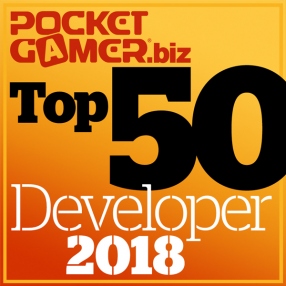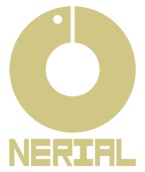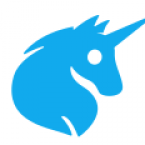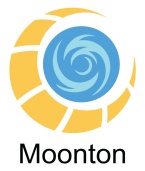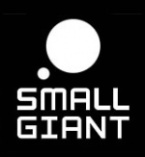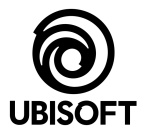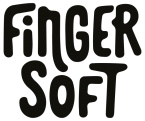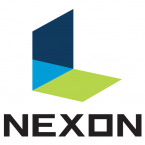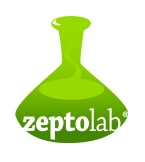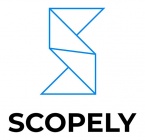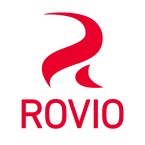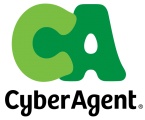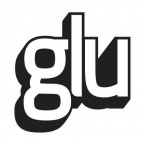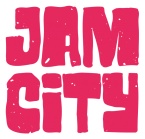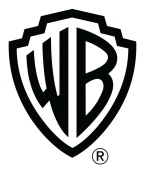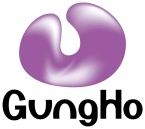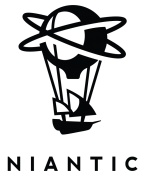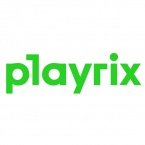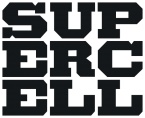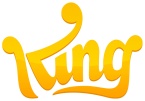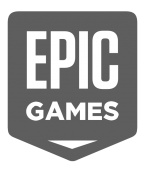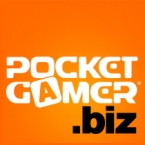Welcome to PocketGamer.biz's Top 50 developer list for 2018
At last, we're able to reveal the latest of our Top 50 best mobile game developer lists. Revealed in a ceremony in Cologne, Germany, to coincide with Gamescom 2018, it's our countdown of the best in the industry. You can watch a video of the countdown here.
Selected by the experts at PocketGamer.biz, together with external advisors, this list rounds up the hottest global games companies from across the sector. The list and the event were sponsored by Mintegral, with UPLTV and Xhance as associates.
Each year the Top 50 is based on a combination of factors: the most exciting games, genuine innovation, money made, influence, potential, and company growth this year, among others.
2018 trends
This is supposed to be a mature and consolidating market, yet there’s something of an air of change in the mobile games market – whether that’s the old guard slowly falling away and new stars rising, or the live ops approach that’s keeping old games alive and even renewing success.
This year’s Top 50 Mobile Developer list encapsulates that change. There are 19 new companies named and ranked. Many are quiet, emerging innovators. Some have stormed in quickly and loudly.
The old guard that remain, meanwhile, have typically doubled down on live operations to slow long-term declines or, in some cases even increase revenues of the biggest titles years later. Games-as-a-service is a hot buzz phrase across the industry, and nowhere is it more prevalent or astutely executed as in mobile.
Interconnected industry
Last year’s list saw Asia dominate with 20 entries from the region. This year, that’s been cut to 17, while North America has taken over the largest share of companies with 18 entrants. Europe has 14 developers on the list.
But to break down regions by HQ is too simple in an increasingly consolidated market. Chinese influence has only increased on the Western market, as Tencent, NetEase and Netmarble splash the cash on investments. Warner Bros and Zynga, meanwhile, have purchased studios such as Playdemic and Gram Games, meaning their success does not emanate solely from home.
You can download a PDF copy of this Top 50 list from your Profile area if you're signed in.
Or read on to discover who’s the year’s cream of the crop in the mobile games industry.
Click here to view the list »

